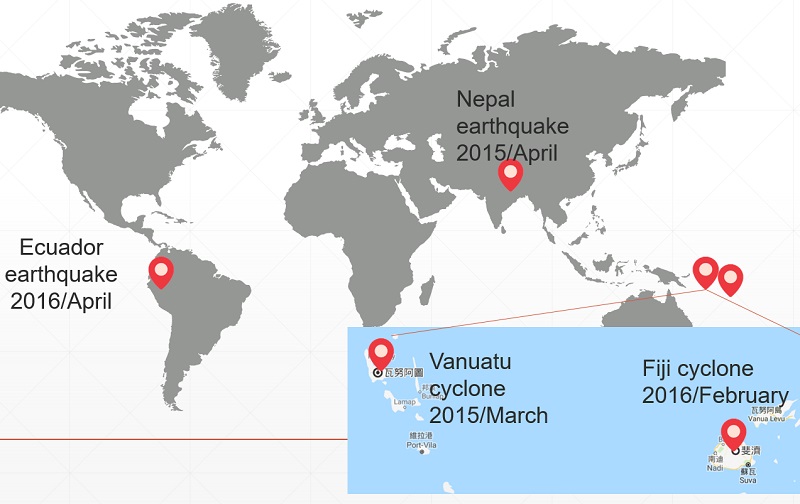You are here
Resilience Building and Humanitarian Networks in Disaster Risk Reduction

Resilience Building and Humanitarian Networks in Disaster Risk Reduction

Course Information
This webcast is one of the presentations at the "Crisis and Emergency Risks Communications" Track delivered by Prof Lai Chih-Hui, Associate Professor, Department of Communication and Technology, National Chiao Tung University, at the Annual Conference on Disaster Preparedness and Response 2019: “Reduce Risks · Build Resilience”, held on 29 June 2019 in Hong Kong.
The Annual Conference on Disaster Preparedness and Response is a signature annual event organised by the Hong Kong Jockey Club Disaster Preparedness and Response Institute since 2015.
This webcast is a selected session of the conference to be shared with audience online.
Humanitarian organizations are often involved in different stages of disaster management, including preparedness, response, recovery, and mitigation. Such involvement takes the form of networks among humanitarian organizations as well as between humanitarian organizations and the affected communities. But an enduring question is the extent to which the humanitarian networks can be sustained over time across and between disasters, even without the trigger of disaster events. The sustainability of humanitarian networks has implications for the long-term resilience at organizational, community, and societal levels. Based on my research in the past 6 years that studied various forms of sustainable humanitarian networks following different types of natural and technological disasters, this talk will first explain the importance of understanding humanitarian networks in the context of disaster risk reduction. It will then provide several scenarios in which humanitarian networks function given the influence or constraints of geographic, cultural, and socio-economic factors. For example, the humanitarian networks that took place after a technological disaster in Kaohsiung, Taiwan exhibited a different pattern than the networks that were observed after a natural disaster in New York, USA. This talk will conclude by discussing the opportunities and challenges in building resilience through a network lens.
Resilience has to be built at various levels, from individual level to household, community, country or a region. Therefore, all sectors in the society are welcome to view the webinar and help us build a safer Hong Kong!




